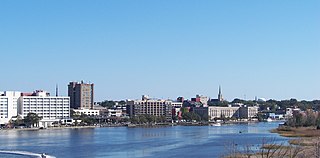
Wilmington is a port city in and the county seat of New Hanover County in coastal southeastern North Carolina, United States. With a population of 115,451 at the 2020 census, it is the eighth-most populous city in the state. Wilmington is the principal city of the Wilmington, NC Metropolitan Statistical Area, which includes New Hanover, Brunswick, and Pender counties. Its metropolitan statistical area had an estimated population of 467,337 in 2023.

Barber–Scotia College is a private unaccredited historically black college in Concord, North Carolina. It began as a seminary in 1867 before becoming a college in 1916. It is affiliated with the Presbyterian Church (USA).

Andover Theological Seminary (1807–1965) was a Congregationalist seminary founded in 1807 and originally located in Andover, Massachusetts on the campus of Phillips Academy.

Hampton University is a private, historically black, research university in Hampton, Virginia. Founded in 1868 as Hampton Agricultural and Industrial School, it was established by Black and White leaders of the American Missionary Association after the American Civil War to provide education to freedmen. The campus houses the Hampton University Museum, which is the oldest museum of the African diaspora in the United States and the oldest museum in the commonwealth of Virginia. First led by former Union General Samuel Chapman Armstrong, Hampton University's main campus is located on 314 acres in Hampton, Virginia, on the banks of the Hampton River.

The Chicago Theological Seminary (CTS) is a Christian ecumenical American seminary located in Chicago, Illinois, and is one of several seminaries historically affiliated with the United Church of Christ. It is the oldest institution of higher education in Chicago, originally established in 1855 under the direction of the abolitionist Stephen Peet and the Congregational Church by charter of the Illinois legislature.
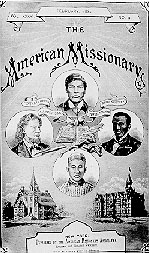
The American Missionary Association (AMA) was a Protestant-based abolitionist group founded on September 3, 1846 in Albany, New York. The main purpose of the organization was abolition of slavery, education of African Americans, promotion of racial equality, and spreading Christian values. Its members and leaders were of both races; The Association was chiefly sponsored by the Congregationalist churches in New England. The main goals were to abolish slavery, provide education to African Americans, and promote racial equality for free Blacks. The AMA played a significant role in several key historical events and movements, including the Civil War, Reconstruction, and the Civil Rights Movement.

The Wilmington insurrection of 1898, also known as the Wilmington massacre of 1898 or the Wilmington coup of 1898, was a coup d'état and a massacre which was carried out by white supremacists in Wilmington, North Carolina, United States, on Thursday, November 10, 1898. The white press in Wilmington originally described the event as a race riot caused by black people. In later study from the 20th century onward, the event has been characterized as a violent overthrow of a duly elected government by a group of white supremacists.
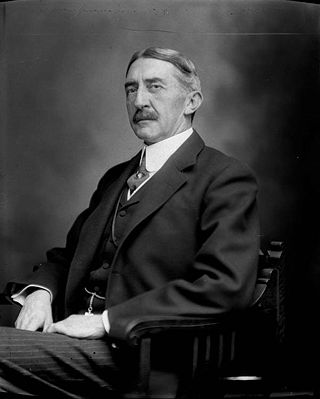
Edwin Anderson Alderman served as the president of three universities. Edwin A. Alderman Elementary School in Wilmington and the Alderman dorm at the University of North Carolina at Chapel Hill are named after him. The main library at the University of Virginia used to bear his name.
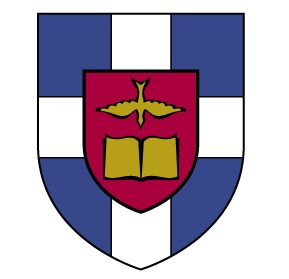
The Southern Baptist Theological Seminary (SBTS) is a Baptist theological institute in Louisville, Kentucky. It is affiliated with the Southern Baptist Convention. The seminary was founded in 1859 in Greenville, South Carolina, where it was at first housed on the campus of Furman University. The seminary has been an innovator in theological education, establishing one of the first Ph.D. programs in religion in the year 1892. After being closed during the Civil War, it moved in 1877 to a newly built campus in downtown Louisville and moved to its current location in 1926 in the Crescent Hill neighborhood. In 1953, Southern became one of the few seminaries to offer a full, accredited degree course in church music. For more than fifty years Southern has been one of the world's largest theological seminaries, with an FTE enrollment of over 3,300 students in 2015.

The Wilmington Ten were nine young men and a woman who were wrongfully convicted in 1971 in Wilmington, North Carolina, of arson and conspiracy. Most were sentenced to 29 years in prison, and all ten served nearly a decade in jail before an appeal won their release. The case became an international cause célèbre, in which many critics of the city and state characterized the activists as political prisoners.
Addie is a given name, nickname and surname. It may refer to:
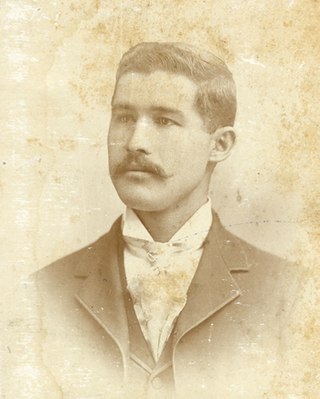
AlexanderLightfoot Manly was an American newspaper owner and editor who lived in Wilmington, North Carolina. With his brother, Frank G. Manly, as co-owner, he published the Daily Record, the state's only daily African-American newspaper and possibly the nation's only black-owned daily newspaper. At the time, the port of Wilmington had 10,000 residents and was the state's largest city; its population was majority black, with a rising middle class.

James Benson Dudley was President of North Carolina Agricultural and Technical State University from 1896 until his death in 1925. James B. Dudley High School in the town of Greensboro, North Carolina, where the Agricultural and Technical University is located, was named after Dudley in recognition of his work for his community.

Williston School is a school in Wilmington, North Carolina. It was first founded in 1866 by the abolitionist American Missionary Association after the Union army occupied the city during the civil war. It was intended for freed slaves and initially had 450 pupils divided into five departments: primary, intermediate, advanced, normal and industrial. As it developed, it became known by a variety of names including Williston Graded School, Williston Primary and Industrial School and Williston High School. The original site was on Seventh Street but in 1915, the institution moved to a new campus on Tenth Street and new buildings were constructed in 1933, 1937 and 1954. The institution was closed as a high school in 1968 as part of desegregation and this caused disturbances resulting in the Wilmington Ten. The remaining school on the site is now Williston Middle School of Math, Science & Technology.
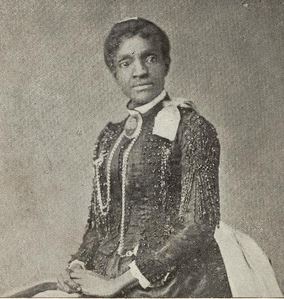
Nellie A. Ramsey Leslie was notable as a teacher, musician and composer, working in Louisiana and Mississippi, and then in Indian Territory and Corpus Christi, Texas, where she founded a musical conservatory for girls. Born into slavery in Virginia, after emancipation she gained schooling in Ohio and moved to Louisiana to teach for the Freedmen's Bureau. She attended the Normal School of Straight University and gained further training as a teacher. Teaching in Louisiana, Mississippi, Indian Territory, and Texas, Leslie educated freedmen and their children.
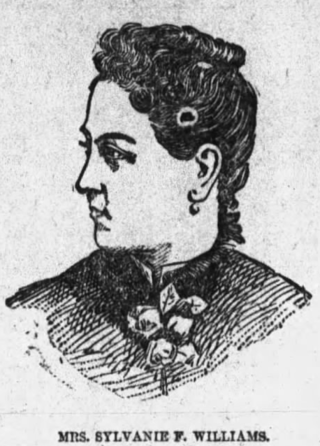
Sylvanie Francoz Williams was an American educator and clubwoman based in New Orleans, Louisiana, USA.
Laura Askew Haygood was an American educator and missionary from Georgia. A sister of Atticus Greene Haygood, she founded a school in Atlanta and served as a missionary in China.

Addie Whiteman Dickerson (1878–1940) was a businessperson, politician, clubwoman, suffragist, and peace activist.

Bertha Clay McNeill was an American civil rights activist, peace activist, and educator. She grew up in North Carolina and earned a teaching certificate there before moving to Washington, D.C., where she studied at Howard University. During her schooling, she became a member of Alpha Kappa Alpha sorority and the Howard University Women's Club. On graduating in 1908, she briefly taught in Baltimore, before transferring to the District of Columbia Public School System. From 1909 to 1916, she taught at the M Street High School, thereafter at Dunbar High School until 1957, when she became an adjunct professor at Howard. During her teaching career, McNeill was the faculty advisor for Dunbar High School's student newspaper, edited several journals for organizations, and contributed articles to African-American newspapers.

















